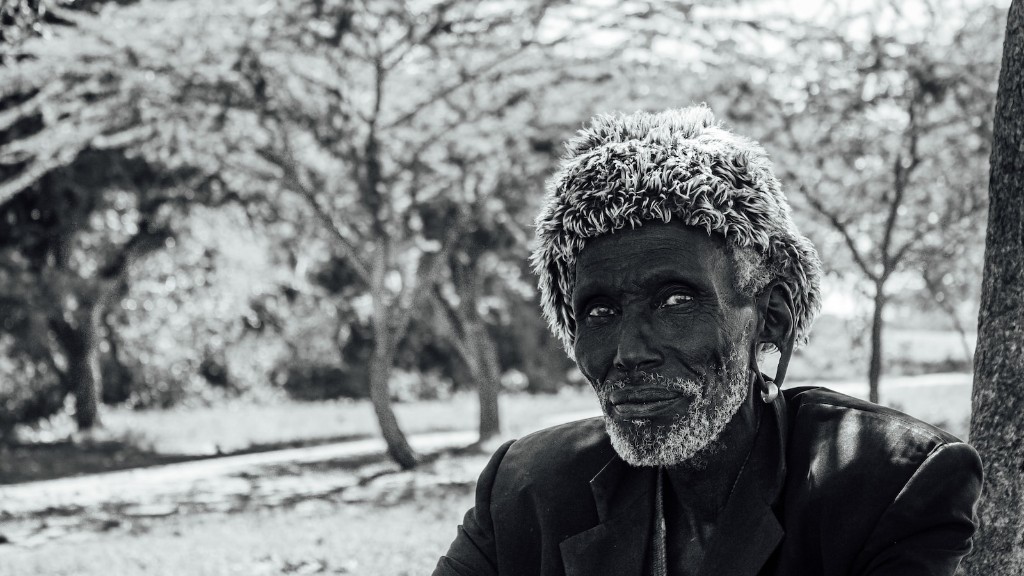In African Tribe We Sing: Exploring the Rich Tradition of Music and Cultural Identity
Music holds a special place in African culture, serving as a powerful tool for storytelling, celebration, and connection. In many tribes across the continent, singing is not only a form of entertainment but also a way of preserving history and passing down traditions. From the rhythmic drumming in West Africa to the melodic harmonies in Eastern regions, African music is as diverse as the countless tribes that call the continent home.
Background of African Music:
African music has a rich history that dates back thousands of years, with each tribe having its own distinctive style and instruments. Traditional African music is characterized by its use of intricate rhythms, call-and-response vocals, and a wide variety of percussion instruments such as djembe drums, shekere, and kalimba. These instruments are not just tools but are deeply intertwined with the cultural and spiritual fabric of the tribes.
Importance in Preserving Cultural Identity:
In African tribes, singing serves a vital role in preserving cultural identity. Through songs, tribes pass down stories, traditions, and values from one generation to the next. The melodies and lyrics often act as a cultural archive, documenting historical events, myths, and legends. Music is a reminder of where they come from, reinforcing the tribe’s collective memory and strengthening its sense of belonging.
Perspectives from Cultural Experts:
According to Dr. Makandal Daaga, an ethnomusicologist specializing in African music, “In African tribes, singing is not merely a form of entertainment; it’s a way of life. It serves as a unifying force that brings people together, reinforcing the social fabric of the community.” He further emphasizes that music has a transformative power that allows individuals to express emotions, heal wounds, and find solace in times of difficulty.
Dr. Amira Dane, a cultural anthropologist, highlights the role of music in African ceremonies such as weddings, funerals, and rites of passage. She explains, “During these ceremonies, singing becomes a collective experience that transcends words. It creates a bond between participants, strengthening their connection to one another and to their ancestors.”
Insights and Analysis:
The power of music in African tribes extends beyond its cultural significance. Research has shown that music has a profound impact on both physical and mental well-being. The rhythmic drumming and vocal harmonies have been found to synchronize brainwaves, promoting relaxation and reducing stress. Moreover, studies have shown that singing together releases endorphins, fostering a sense of unity and promoting social cohesion within the tribe.
Section 2: The Role of Dance in African Tribes
Section 3: Traditional Instruments and their Significance
Section 4: Fusion of African Music in Modern Society
Section 5: Challenges in the Preservation of African Music
In Conclusion:
African music holds a significant place in the hearts and minds of its people. From the joyful celebrations to the solemn rituals, music is deeply intertwined with African tribal life. The power of singing extends beyond its entertainment value, serving as a vehicle for cultural preservation, emotional release, and social cohesion. As Africa continues to evolve and modernize, it is crucial to recognize and celebrate the unique musical traditions that have shaped its diverse and vibrant cultures for centuries.




